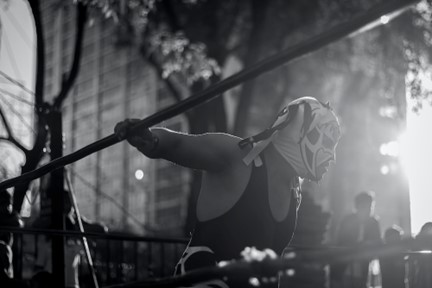South Sudan, the world’s youngest nation, is home to many cultural traditions passed down for generations. Among these, the rich tradition of wrestling stands out as a remarkable cultural spectacle. Not just a sport, wrestling in South Sudan is embedded with social, historical, and cultural significance. It is crucial in community cohesion, identity formation, and conflict resolution.
The heritage of wrestling
The practice of traditional wrestling, ‘Yondoko Garang,’ primarily among the Dinka and Mundari tribes, is a centuries-old tradition still thriving today. This sport has been a crucial aspect of these tribes’ cultural identity, fostering unity and instilling a sense of pride among the participants and spectators. The matches are held in large clearings, often attracting thousands of spectators who come to enjoy the sport and participate in the accompanying festivities. With the advent of betting online South Sudan, the sport has found new enthusiasts, thus ensuring that this tradition continues to flourish. The wrestling matches are not just about physical strength; they also incorporate aspects of dance and music, making them a holistic form of entertainment.
Wrestling and community building
Wrestling in South Sudan serves a purpose beyond mere entertainment. It is a critical element of community building. Since time immemorial, tribal wrestling matches have been used as a platform for young men to display their strength, courage, and endurance – essential for leadership in these communities. The victors often gain significant respect and recognition within their communities, enhancing their social status. These matches also serve a vital role in conflict resolution, allowing rival tribes or communities to settle disputes in a controlled, non-lethal environment.
Furthermore, wrestling tournaments often foster unity, as tribes gather in a celebratory atmosphere, cheering and singing traditional songs. These events allow tribes to share their cultures, bridging gaps and fostering mutual understanding. For many, these competitions are a rite of passage, marking the transition from boyhood to manhood. The rituals and ceremonies surrounding the matches are deeply rooted in tradition passed down through generations. They not only celebrate physical prowess but also honor the spirit and history of the South Sudanese people.
Wrestling in a modern context
The tradition of wrestling in South Sudan has not been immune to the influences of the modern world. With the advent of technology and media exposure, the sport has gained international recognition, attracting a broader audience. The South Sudan Wrestling Entertainment (SSWE), established in 2014, has formalized the sport, introduced rules and weight categories, and offered financial rewards to the winners. This has further elevated the sport’s status, encouraging more participants and fostering a professional environment.
The rich tradition of wrestling in South Sudan is a testament to the nation’s cultural heritage and resilience. It serves as a bridge between the past and the present, preserving age-old customs while adapting to the demands of the modern world. Despite the political turmoil and civil unrest that has plagued the country since its inception, wrestling continues to unify, bringing together diverse communities and fostering a sense of national identity. It is a living tradition, deeply rooted in the country’s cultural fabric, and continues to thrive, mirroring the resilient spirit of the South Sudanese people.





Be First to Comment